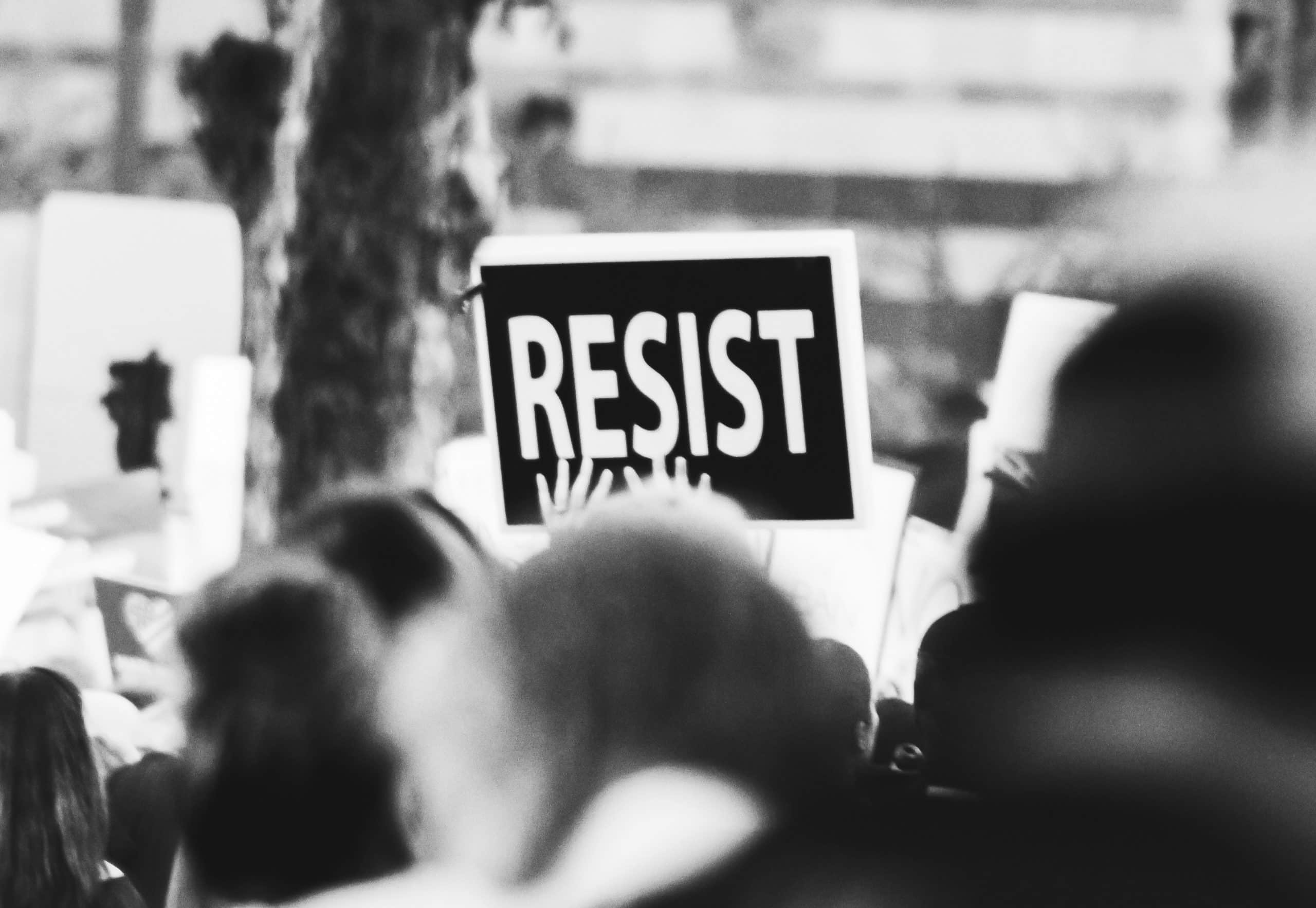
Protesters across the country have continued to take to the streets in a call for action concerning the Black Lives Matter movement. While it is always important as an American citizen to know your constitutional rights, it is even more pressing to know them if you choose to join the protests.
The First Amendment outlines an individuals’ right to protest as freedom of expression, and there are some fundamentals that you may want to familiarize yourself with before expressing those rights.
The First Amendment to the United States’ Constitution declares that “Congress shall make no law respecting an establishment of, or prohibiting the free exercise thereof; or abridging the freedom of speech, or of the press; or the right of the people peaceably to assemble, and to petition the Government for a redress of grievances.”
As stated in the amendment, protesting is considered to be a form of expressing one’s beliefs and therefore allows you to legally assemble with fellow citizens to voice your grievances. Some examples of expressing one’s rights include marches, sit-ins, sleep-ins, silent protests, and burning flags. However, there are some restrictions to the amendment.
While the government cannot deny its citizens the right to protest, the ways in which they can regulate them could involve restricting the time, place, and manner in which they occur. Gatherings that evolve into violence, theft, or destruction of property are forms of protesting that are not permitted and can be legally restricted under the government.
If you do choose to actively protest, educate yourself on which actions are useful to take. As stated by the American Civil Liberties Union, individuals have the right to take photographs or videos of what is occurring around them, which include government building and law enforcement, at any time, as long as they are “lawfully present in any public space.” Be aware that as this applies to everyone, your image may appear in others photographs or videos.
When taking photographs or videos, you can maintain your right against unlawful search and seizure, meaning that police cannot legally confiscate, demand to view, or delete any data on your devices. However, they can request that you stop what you are doing if it interferes with their police operations.
If you find yourself in a situation in which you have been stopped by police, it is important that you remain calm and listen to their instructions. Do not attempt to argue or retaliate against them. You have the right to ask them if you are free to leave, and if they approve this request you should calmly walk away. If they deny this request, you should ask why you are being held and what crime they suspect you of having committed.
During the time in which the police have stopped you, they are legally authorized to pat you down if they believe that you are carrying a weapon. Following this, they will either place you under arrest or allow you to leave.
In the event that you are arrested, it is recommended that you remain silent and request an attorney. While under police custody, you do not have to legally answer any questions or sign any documents. Additionally, they are legally allowed to search you and your belongings, but you do not have to consent to it.
If you believe that your First Amendment rights were infringed upon while protesting, our offices are here to answer any questions or concerns you may have. Ensuring that your rights are protected is a fundamental pillar of the American society and our legal team here at Adams & Bischoff is here to help safeguard your First Amendment rights.